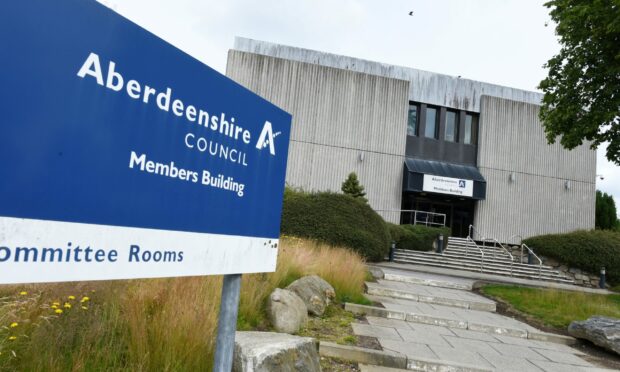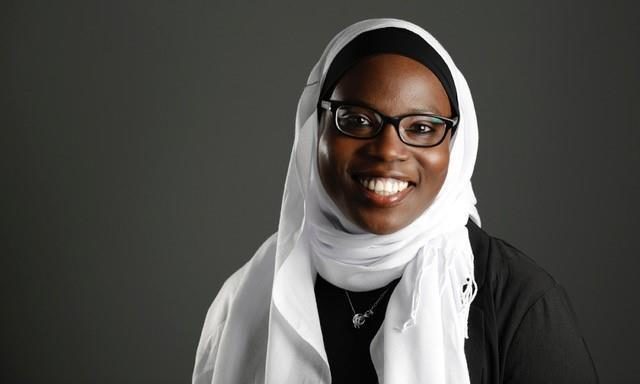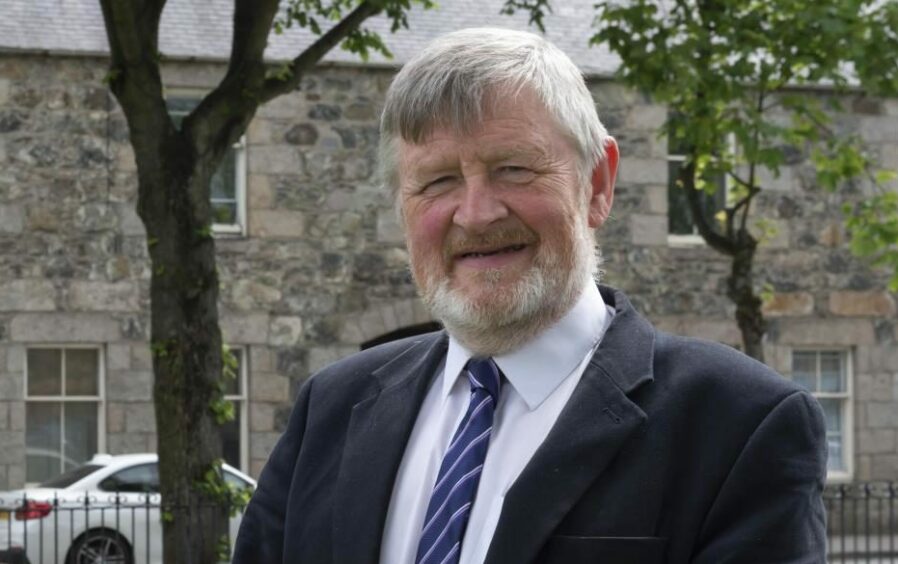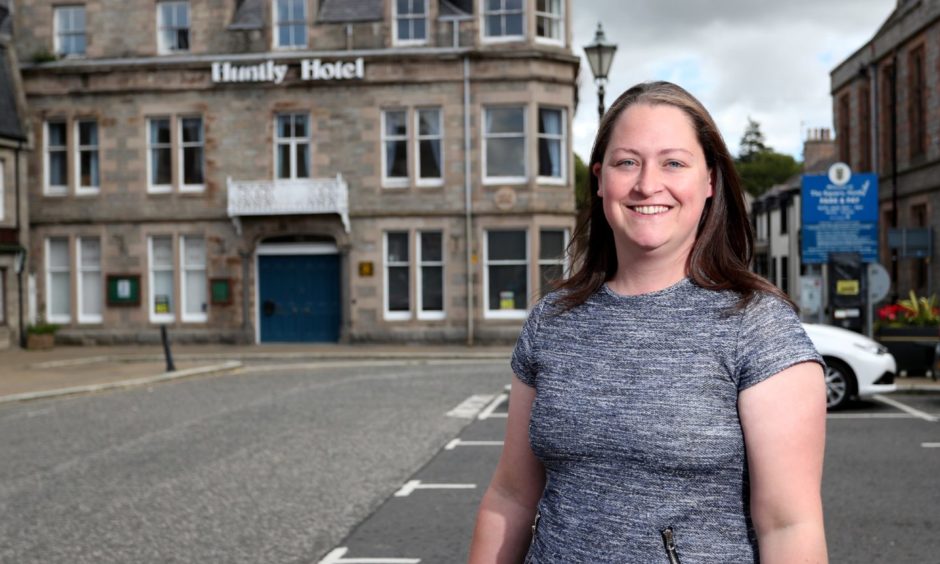Aberdeenshire councillors have been accused of making the “most flimsy excuses” as they refused to adopt a definition of Islamophobia.
Officials had recommended the local authority agree the same interpretation as other public bodies as a “workable yardstick” for measuring success in tackling the issue.
But the council leader’s casting vote was used to sink the plans over fears it could stifle free speech.
Neighbouring Moray Council and all Scottish parliamentary parties have already adopted the wording.
Brought forward by the UK All-Party Parliamentary Group on British Muslims (APPG), the definition states: “Islamophobia is rooted in racism and is a type of racism that targets expressions of Muslimness or perceived Muslimness.”
It was first debated in Aberdeenshire in June.
But a final vote was delayed to give officials time to explore any negative consequences of adopting it.
Aberdeenshire Council was urged to adopt Islamophobia definition
Now, Aberdeenshire councillors have agreed to note the definition, stopping short of adopting it in the authority’s work to address discrimination in the north-east.
Muslim Engagement and Development (Mend) had urged Aberdeenshire Council in an open letter to support the definition.
They said it would show Aberdeenshire Muslims that the council acknowledges the hardships they face.
Campaigners claimed it would also show combating Islamophobia is a “priority”.
And council officers backed the calls in the face of rising recorded violence, abuse and discrimination against Muslims throughout the UK.
Councillors were also warned failure to adopt the definition might place the council “in jeopardy” of failing on its equalities duties.
Claims Islamophobia definition could be ‘counterproductive’
But concerns about the definition were raised by the National Secular Society (NSS).
They believed it may have negative consequences for freedom of expression and “conflates the issues of race and religion”.
NSS chief executive officer, Stephen Evans, said that the term Islamophobia “may be a counterproductive way of addressing anti-Muslim bigotry and hatred”.
He added: “We believe the vague and unworkable definition should be rejected on the basis of its potential to chill free speech around Islam.”
‘Vague’ Islamophobia definition could ‘inhibit free speech’
Aberdeenshire councillors on the business services committee clashed over the the definition last week.
David Keating suggested simply noting the term instead.
The Inverurie and District Conservative said he feared the “extremely vague” definition would “inhibit free speech”.
Instead of adopting the definition as officers suggested, Mr Keating put forward his own motion – agreeing the need to act.
He urged councillors to “condemn all discrimination against racial belief and agree to address any anti-Muslim bias or prejudice identified in Aberdeenshire”.
“We need to take action because I don’t believe there will be anyone in this room who doesn’t find anti-Muslim behaviour abhorrent,” he added.
Aberdeenshire Council Islamophobia debate: ‘It’s about protecting our communities’
However, SNP group leader Gwyneth Petrie pressed for the recommended wording to be fully adopted in Aberdeenshire.
She said: “It’s not about stopping free speech, it’s about stopping hate speech.
“It’s about protecting our communities who suffer, have suffered and continue to suffer from Islamophobia. What we need to do here is show solidarity with our Muslim communities.”
With voting split after the debate, the committee chairman and council leader Mark Findlater had the casting vote.
The Conservative opted to only note the definition, in line with Mr Keating’s thinking.
‘Actions speak louder than words’
Westhill and District SNP councillor Fatima Joji, who is not a member of the committee, watched the debate online.
The only Muslim sitting on the council accused the ruling coalition of the “most flimsy excuses” for not backing Mend’s calls.
Hi guys! Aberdeenshire Council just voted to reject the definition of Islamaphobia at the Business Services Committee with some of the most flimsy excuses. Recommendation was to approve. It’s about hate speech & not stopping free speech. Recording will be uploaded after meeting
— Cllr Fatima (Zahra) Joji (@fatima_joji) November 17, 2022
The SNP member said: “This sends out the wrong message.
“They may have tried to justify the decision but actions speak louder than words.
“There were concerns that this would have an impact freedom of speech but lawyers were consulted on this to make sure it didn’t infringe on that.
“The definition of Islamophobia is aimed at stopping hate speech, even people who aren’t Muslim are targets of this.”




Conversation